| OK so I’m going to be presumptuous in poising this article towards students going through higher education. Firstly, ecology/biology/zoology etc. undergraduate programs generally offer at least one fieldwork module. These will introduce the student to the basics of recording in the field, but it is not necessarily a realistic representation. Usually the lecturers or demonstrators involved will have set out a definite work schedule that the entire class follows. What’s most beneficial from these courses is discovering whether you have an affinity for fieldwork or not. Undergraduate dissertations are increasingly lab or desk based and so might not be the best opportunity for gaining experience in fieldwork per say. However, they are not to be dismissed in terms of data analysis, question posing or methodological design, all important skills worth sharing on your CV. |
| Working holidays provide another pathway for amassing experience. I have some experience in these and all I can say is that you should research carefully because some can be more holiday than work. With the expense of these packages in mind you don’t want to waste your money. Also, you get out what you put in. There is value in asking the organisers to be involved in simple tasks such as organising data, logistical operations or simply shadowing staff on the more ‘boring’ and less brochure friendly aspects of the work involved. Getting involved in these areas does not just benefit your CV but also reveals what aspects – if any – of fieldwork you enjoy. I have certainly done my time in constantly refreshing the webpages of fieldwork post listings, sending my CV off to every poor soul in sight and now find myself on the illustrious pedestal of a PhD Studentship whereby I am posting fieldwork opportunities on those same websites. I now understand the importance of prior experience placed on these advertisements – you need a guarantee that you have someone who can collect the data soundly, and can withstand the physical and mental stresses of the fieldwork conditions. |
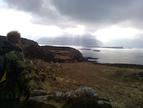
Hagen is a Phd with CEG and studies red deer distribution on the island of Ulva, Scotland.
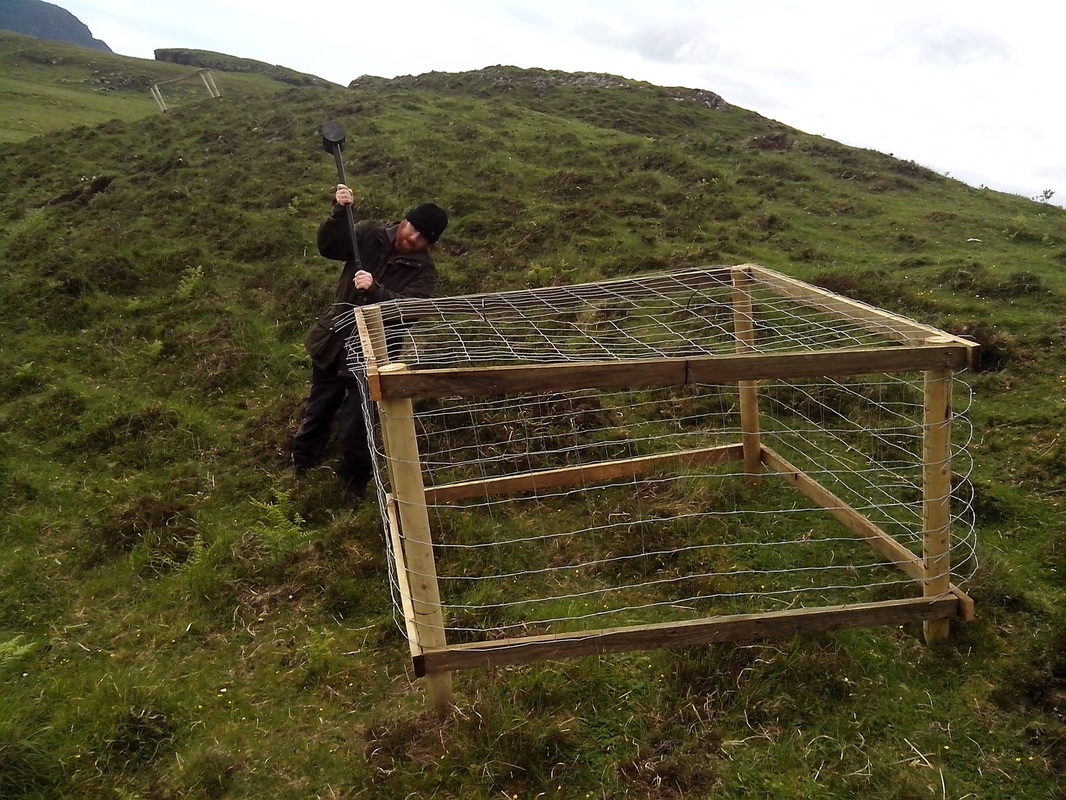
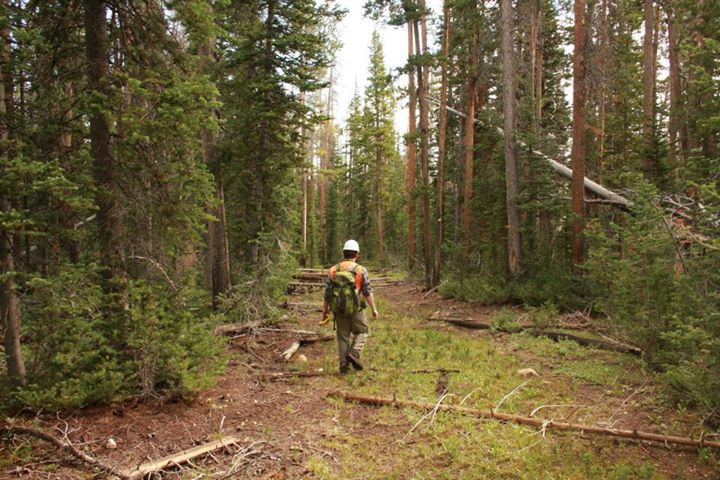
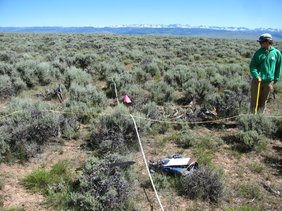
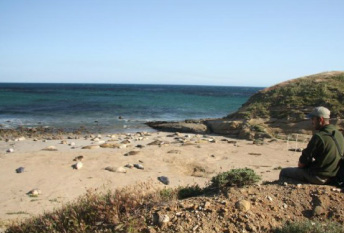
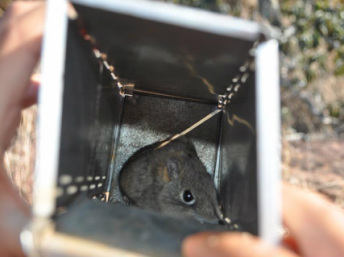
 RSS Feed
RSS Feed
